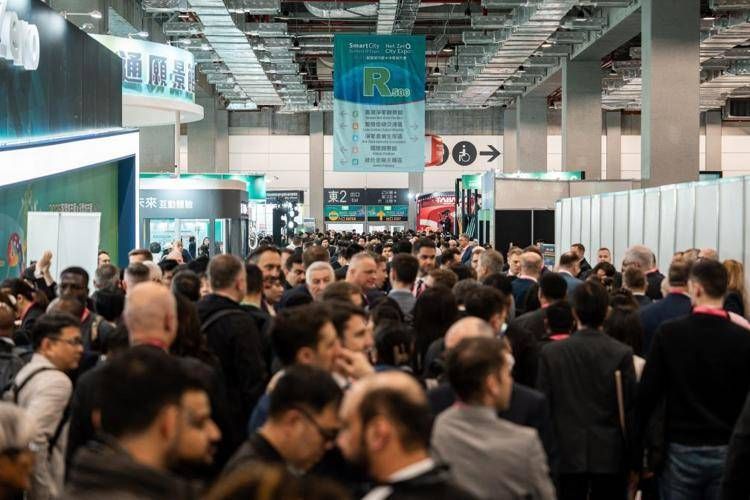

TAIPEI, TAIWAN - Media OutReach Newswire - 18 November 2025- In Taoyuan's traffic control center, dozens of monitors display green lights cascading through city streets. When an ambulance races toward a hospital, artificial intelligence clears its path in seconds, turning life-threatening traffic jams into seamless journeys.
This is the new reality of smart cities, where technology isn't just improving urban life — it's saving it. Liao Hsiu-wu, who chairs Taiwan's Smart Community Development Committee, has witnessed his city transform from a growing suburb into a testing ground for ambitious urban technology.
In Orlando, Mayor Jerry Demings faces similar challenges. His city welcomes approximately 1,000 new residents weekly, creating what planners call a "perfect storm" of infrastructure demands. "We're using smart city technologies so systems can talk to one another," Demings says.
What makes these cities "smart" isn't just technology — it's how systems work together. Taoyuan's network spans over 100 connected traffic signals, creating what officials believe is the world's most extensive AI-powered traffic management system.
The breakthrough came when Taoyuan connected its fire department directly to traffic control systems.
Orlando tackled different challenges, integrating AI into its 911 emergency system. When callers speak languages other than English, the system automatically translates their words into text for dispatchers within seconds.
Taipei Computer Association , Smart city expert Huang Yung-Bei identifies another critical problem: city departments often cannot share data effectively. "When each department's requirements aren't integrated or standardized, traffic bureau data cannot communicate with information bureau data or health department data," he explains.
Peter Wu from ASUS, who has spent over a decade developing smart city innovations, sees senior care as the most critical future application. "Maybe you heard the term 'hospital at home,'" he says.
The challenge isn't just technological — it's human. Liao notes that optimal technical solutions don't always align with public habits, requiring administrative departments to find balance between citizen preferences and technological capabilities.
As Demings frames the stakes: "Smart city technology is about implementing plans to take care of God's green Earth and preserve human existence. If we don't do this, we could potentially damage the environment and shorten the human experience."
Here is the story link https://www.youtube.com/watch?v=ZPigwMbV6xU
Contatti:
Immediapress
media contact:
Nicholle Chen
nicholle@mail.tca.org.tw
Comunicato stampa - contenuto promozionale
Responsabilità editoriale di Immediapress